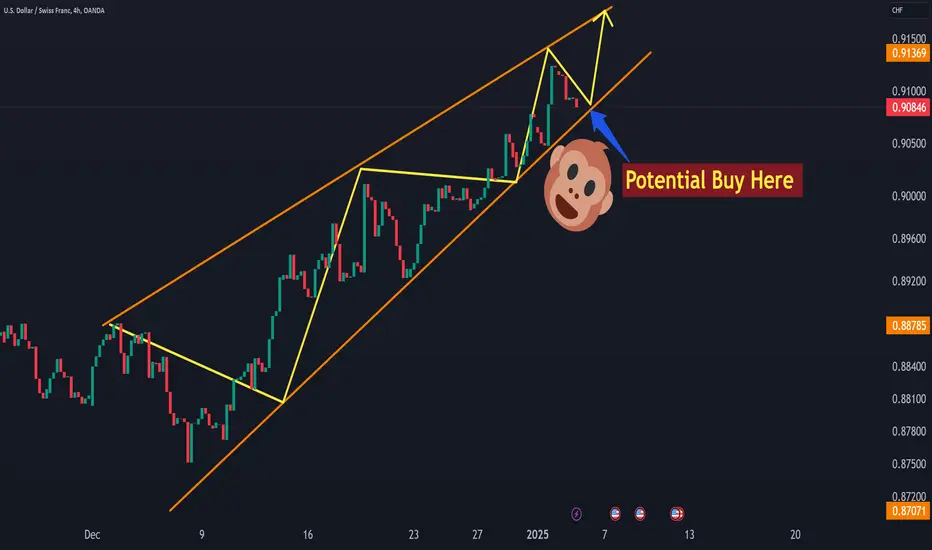Africa’s Turning Point: Chinese Migration and Mass Exodus
Africa’s past has been shaped by colonization, conflict, and poverty. Now, new forces are changing its future. Two major developments are at play: mass migration from Africa and growing Chinese migration into the continent.
This shift is not just Africa’s issue—it’s impacting Europe, Asia, and the global power balance. As millions of Africans move north and millions of Chinese arrive in Africa, the world is entering a new phase of geopolitical change.
Migration From Africa to Europe Is Accelerating
Years ago, Libya’s leader Muammar Gaddafi warned that without strong controls, Europe would face a flood of illegal immigration. After Gaddafi was removed in 2011, Libya fell into chaos. This made it a key route for African and Middle Eastern migrants trying to cross the Mediterranean.
As a result, thousands have died at sea, and Europe now struggles to manage growing migration flows. This is not slowing down—Africa’s population is rising fast.
In the 1950s, Sub-Saharan Africa held 6% of the world’s population. Today it’s 20%. By 2100, it could reach 45%. This rapid growth puts pressure on food, jobs, and infrastructure—making mass migration even more likely.
The Rise of Chinese Migration in Africa
While Africans move north, Chinese migration into Africa is booming. Millions of Chinese workers, businesspeople, and families have moved to Africa in the past two decades.
Why? Africa holds vast amounts of oil, metals, and farmland. China needs these resources to power its economy. As part of its Belt and Road Initiative, China has built roads, ports, railways, and other infrastructure in exchange for contracts, access, and influence.
But these investments come with strings attached. African governments are taking on big Chinese loans—many tied to corrupt deals that enrich local politicians but burden countries with debt.
Chinese Migration and Africa’s Debt Trap
Many experts warn that African nations are falling into a debt trap. When countries can’t repay their loans, China could demand control over important assets. Some even suggest that Chinese troops may be deployed in Africa one day to protect China’s interests.
Millions of Chinese migrants already live in African cities and towns. If debt issues grow worse, tensions between locals and migrants could rise. Some fear future racial or social conflict if this trend continues.
Africa’s Population Boom Could Lead to Instability
Africa’s population growth is staggering. Cities like Lagos, Kinshasa, and Dar es Salaam are set to become the world’s biggest. Yet, Africa contributes only 1% to global manufacturing output. Most economies still rely on raw materials.
With few job opportunities and rising awareness of better living standards abroad, more Africans are choosing to leave. Many are helped by international groups, some of which arrange journeys to Europe—or even flights to North America.
As author Doug Casey asked: who funded the resettlement of 200,000 poor Somali migrants to Minnesota? The answer is unclear, but it shows how organized and widespread these networks have become.
Chinese Migration: Modern Development or New Colonialism?
Some experts call Chinese migration a form of “new colonization.” China offers loans and jobs, but also expects control and loyalty. Chinese companies often bring their own workers instead of hiring locals. Critics say African labor is being treated as cheap and replaceable.
If this continues, Africa could lose control over its own economy. Chinese influence might replace the old European powers—with long-term consequences for independence and stability.
What Role Will the West Play?
While Chinese migration and influence grow, Western nations are stepping back. The U.S., once active in Africa, is now more focused on internal politics and its rivalry with China.
If the West fails to respond, China could gain near-total control over African infrastructure, resources, and trade. This would shift global power—and could create friction between China and the West in future.
Conclusion: A Critical Time for Africa
Africa stands at a crossroads. Its exploding population, deep poverty, and weak industries push millions to migrate. At the same time, Chinese migration and investment are growing stronger each year.
What happens next will affect the whole world. Africa can rise—if it builds its own industries and uses its young workforce. Or it may fall into dependency and conflict under foreign control.
For Africa to succeed, its leaders must act now. And for Europe, China, and the West, ignoring these changes is no longer an option.
FAQs
1. Why is Chinese migration to Africa increasing?
Chinese migration is rising due to Africa’s natural resources and economic opportunities. China needs raw materials and uses the Belt and Road Initiative to expand its presence.
2. How does Chinese migration affect African countries?
It brings infrastructure and investment—but also debt, social tension, and reduced sovereignty if countries can’t repay loans.
3. Why are so many Africans migrating to Europe?
Africa’s fast-growing population, limited jobs, and better prospects in Europe are driving mass migration. Some NGOs also help organize these movements.
4. Could Chinese migration replace traditional Western influence?
Yes. China is already becoming Africa’s biggest trading partner and investor. If trends continue, China may dominate Africa’s economy and politics.
5. What’s the future risk of Chinese migration in Africa?
Tensions may rise between locals and Chinese migrants. If debts turn into loss of control, conflict could break out, and military involvement may follow.
If you want to strive and thrive amidst the market chaos, Join our Discord for real time signals and updates!
Click here to read our article- Confirmation Bias in Trading.



